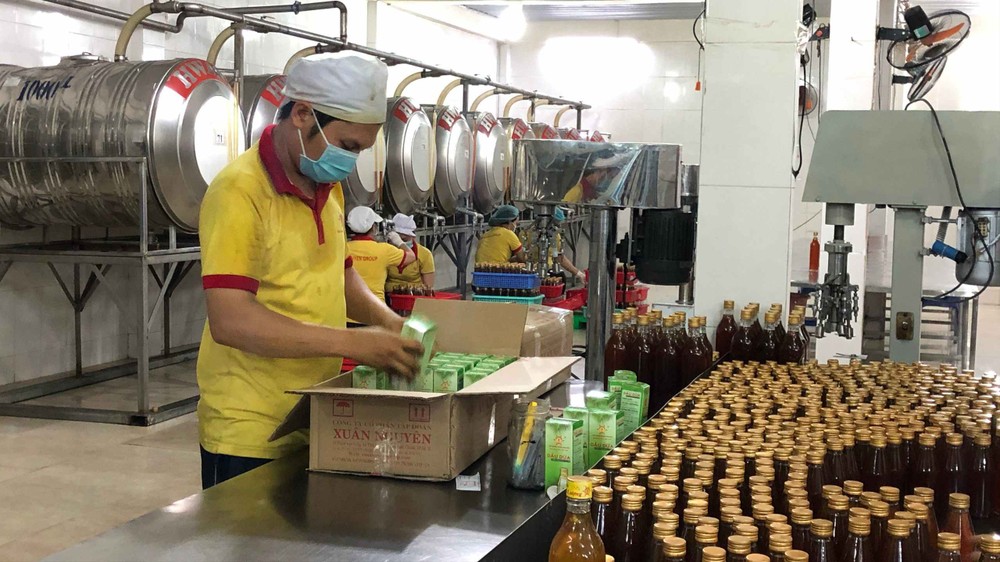
The reason why distribution companies and global sourcing hubs decided to choose Vietnam as the preferred destination is that Vietnamese firms have a diverse and sufficient supply of goods for corporations to implement their strategy of building a sustainable global supply chain.
General director Ta Hoang Linh of the European-American Market Department under the Ministry of Industry and Trade shared that global distribution and purchasing corporations have identified specifically for Vietnam with three mottos such as ‘If you want to diversify the supply, you can look to Vietnam’; ‘If you want to design a supply chain that is resilient to market fluctuations, you need to look to Vietnam’; ‘If you want to find a supplier with the ability to transform and adapt very quickly to sustainable production and consumption trends, look to Vietnam.’
The three mottos prove that the Southeast Asian country is emerging as a place with many factories using renewable energy, environmentally friendly materials, meeting labor standards and social responsibility.
According to Mr. Nguyen Duc Trong who is in charge of new supplier development at Walmart Group, Vietnam is one of the five countries that supplies the most goods to the group's supply chain, rising to second place after China in Asia region. Currently, the source of goods imported from Vietnam into the system has reached US$7 billion a year. Director Yuichiro Shiotani of Aeon Topvalu Vietnam also said that the volume of goods purchased in Vietnam next year will double the previous year and is expected to reach US$ 1 billion by 2025.
Similarly, representatives of many other global distribution and purchasing corporations such as Uniqlo (Japan); Amazon, Safeway (USA); Falabella (Chile); Carrefour, Decathlon (France); Central Group (Thailand); Coppel (Mexico); IKEA (Sweden), LuLu (UAE) also said they are rapidly developing their search and purchasing networks for goods from Vietnam. In addition, corporations announced that they are ready to support Vietnamese businesses in improving production capacity, meeting quality standards, food safety and hygiene, and sustainability for the global supply chain.
Currently, the proportion of exported goods into the global supply chain belongs to foreign-invested enterprises accounting for more than 70 percent and very few purely Vietnamese enterprises which have not yet grasped and created products suitable for global consumer trends. On the other hand, Vietnamese enterprises also suffer disadvantages in logistics costs compared to foreign enterprises.
Regarding this issue, Mr. Ta Hoang Linh said that since 2023, the Ministry of Industry and Trade has implemented many connection programs. More than 50 percent of participating businesses have initially consolidated and perfected their capabilities, records, and certificates to join the global supply chain. In June 2024, at the program ‘Connecting international goods supply chains’, more than 1,000 businesses will also have the opportunity to work directly with global distribution and purchasing corporations.
























